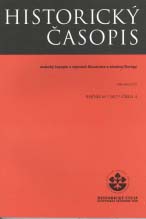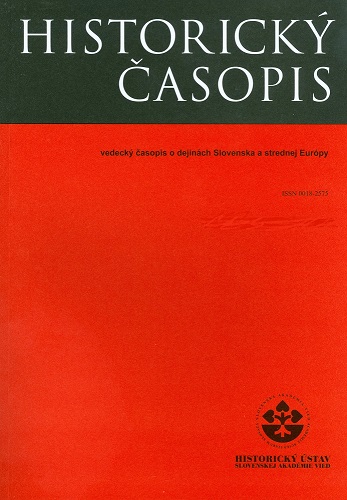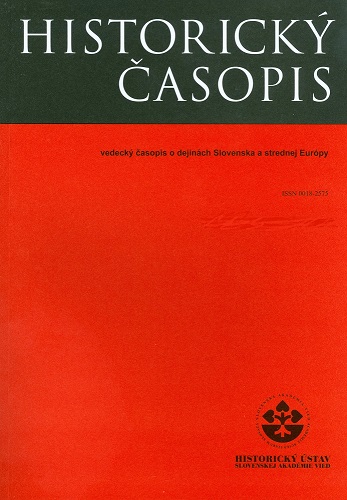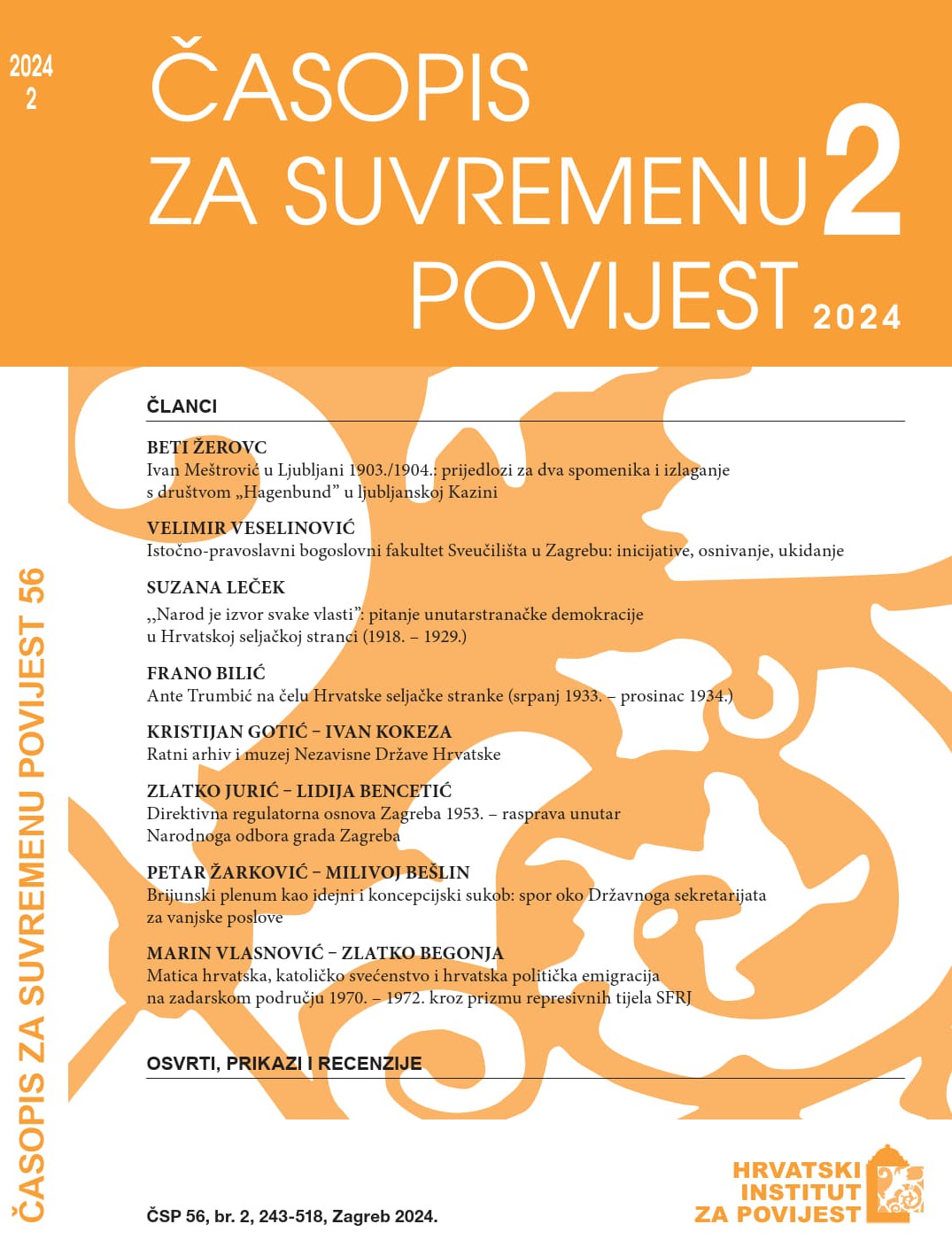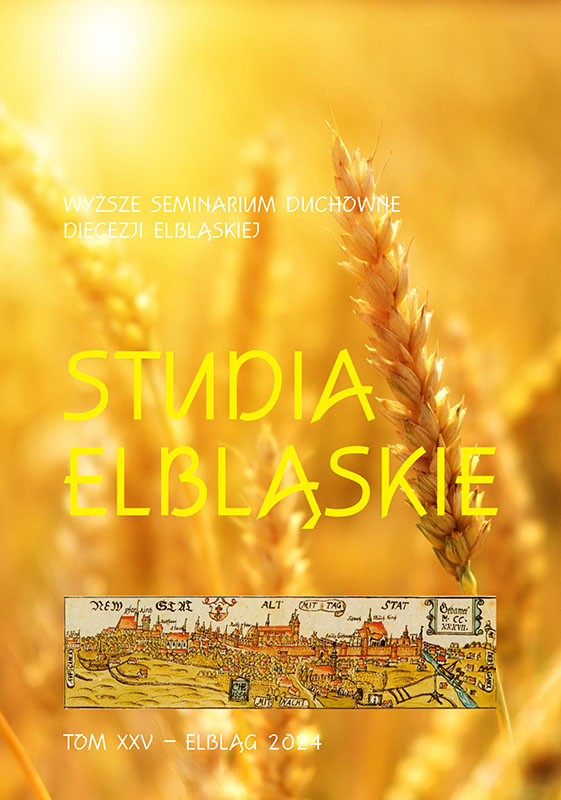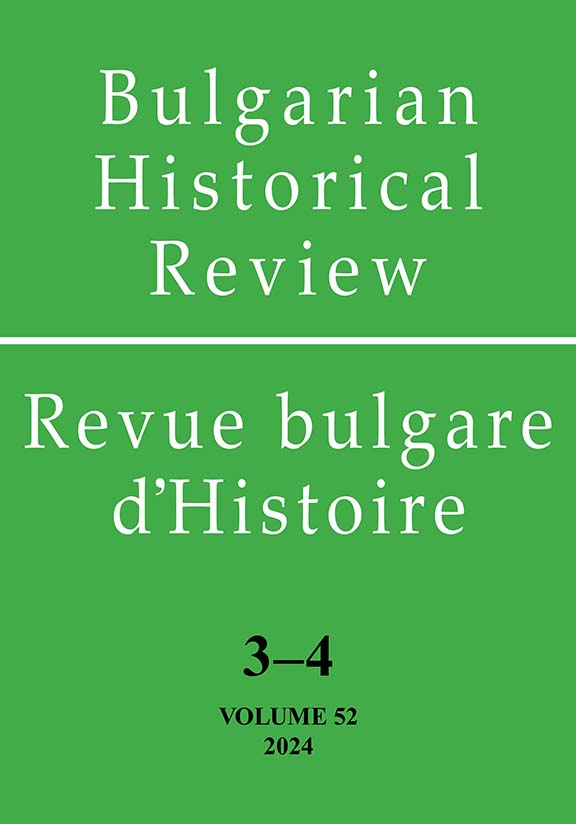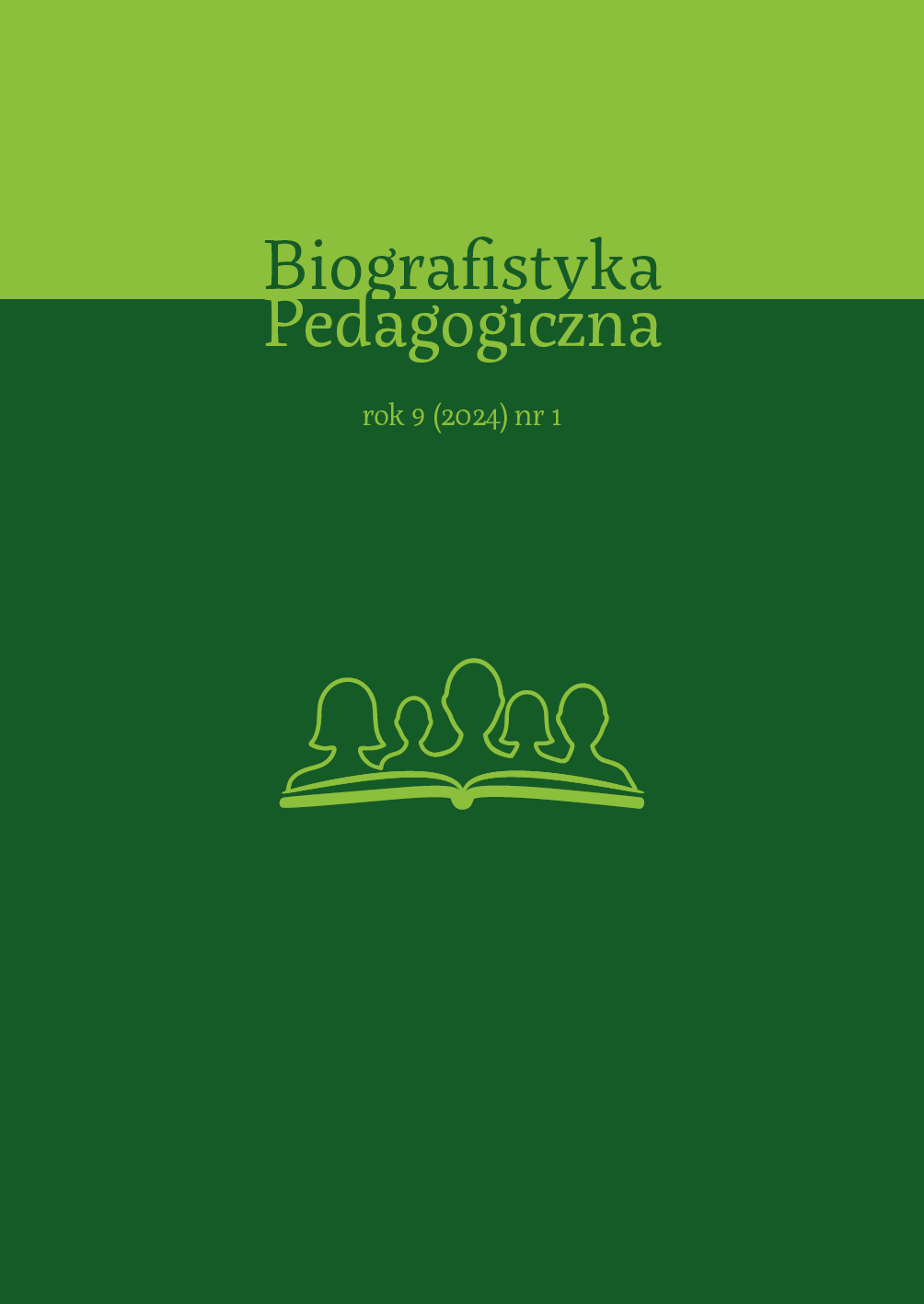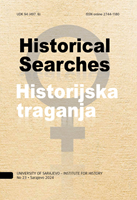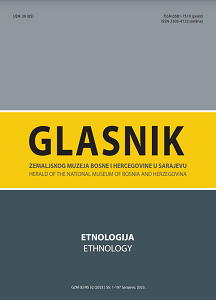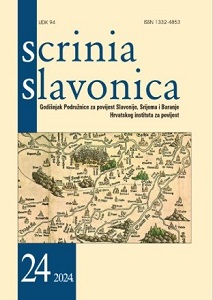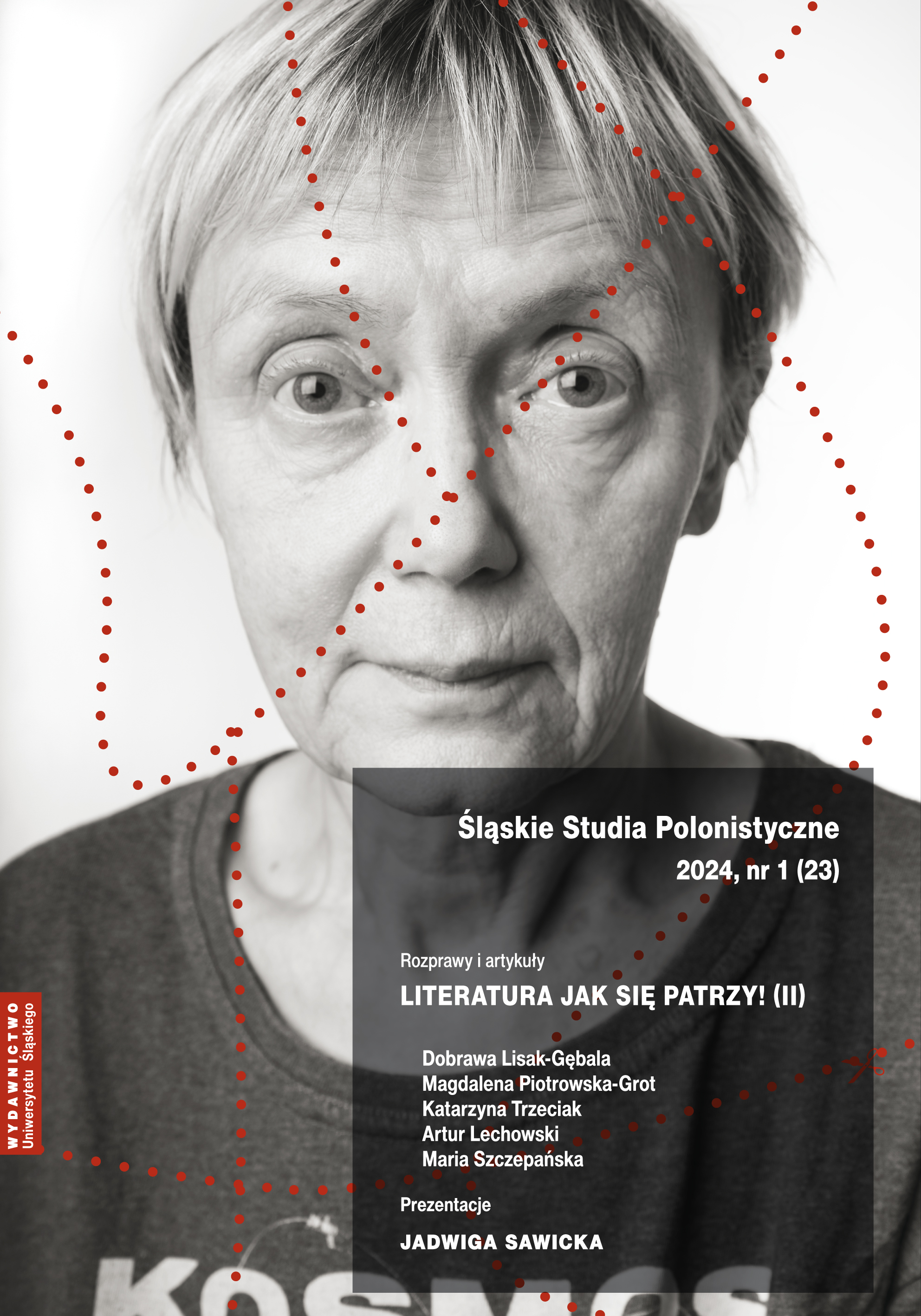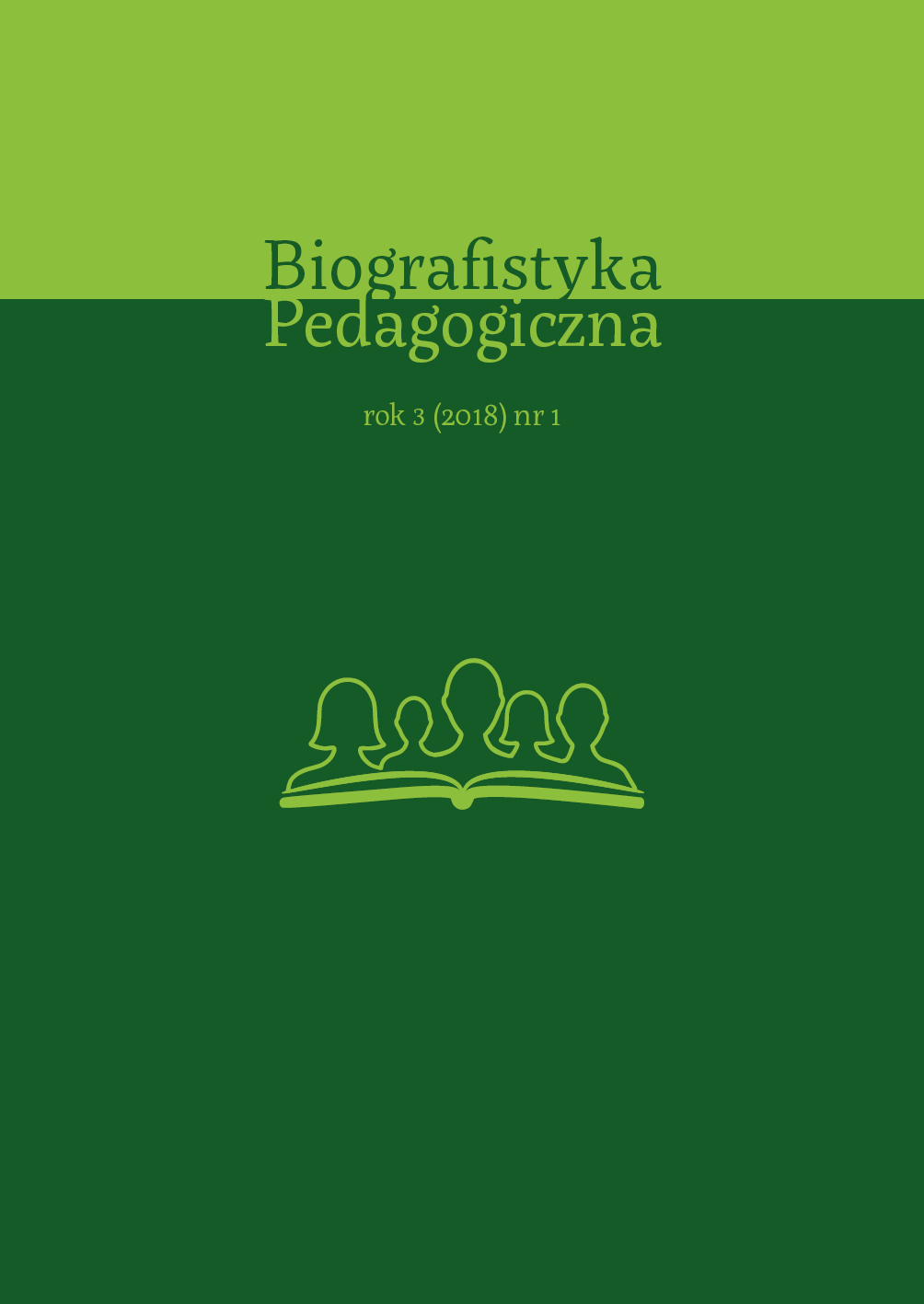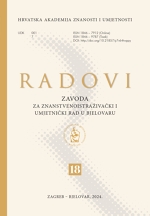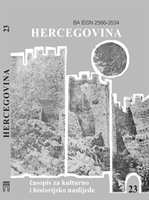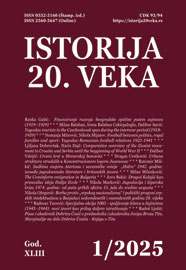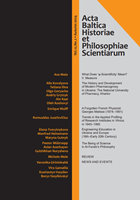
"Zelené kádry" jako radikální alternativa pro venkov na západním Slovensku a ve středovýchodní Evropě 1917 - 1920
This article explores the phenomenon of the ‘Green Cadres' at the end of the First World War in Austria-Hungary, with a focus on events in western Slovakia 1918-1920. The Green Cadres were bands of army deserters and radicalized peasants who hid in the forests and mountains of the monarchy during the last year of the war and then violently attempted to topple the social-political order in many localities as the state collapsed. The article suggests that they represented both the last major episode of peasant unrest in the region and a radical new attempt by the rural common people to influence the character of national and social politics in the interwar period. The nationalist dimension of this loose social movement appears to have been particularly strong in western Slovakia and may indicate some affiliation with the leaders of Slovak Catholic populism. On the other hand, the inability of nationalist elites to coopt the Green Cadres was in part responsible for their marginalization in narratives of Czechoslovak liberation as well as in contemporary historiography. On the basis of sources in Slovak, Czech, Slovenian, Serbo-Croatian, and German, this study argues that the Slovak case of the Green Cadres fits into a broader transnational phenomenon, which sheds new light on the history of East Central Europe in the twentieth century.
More...
